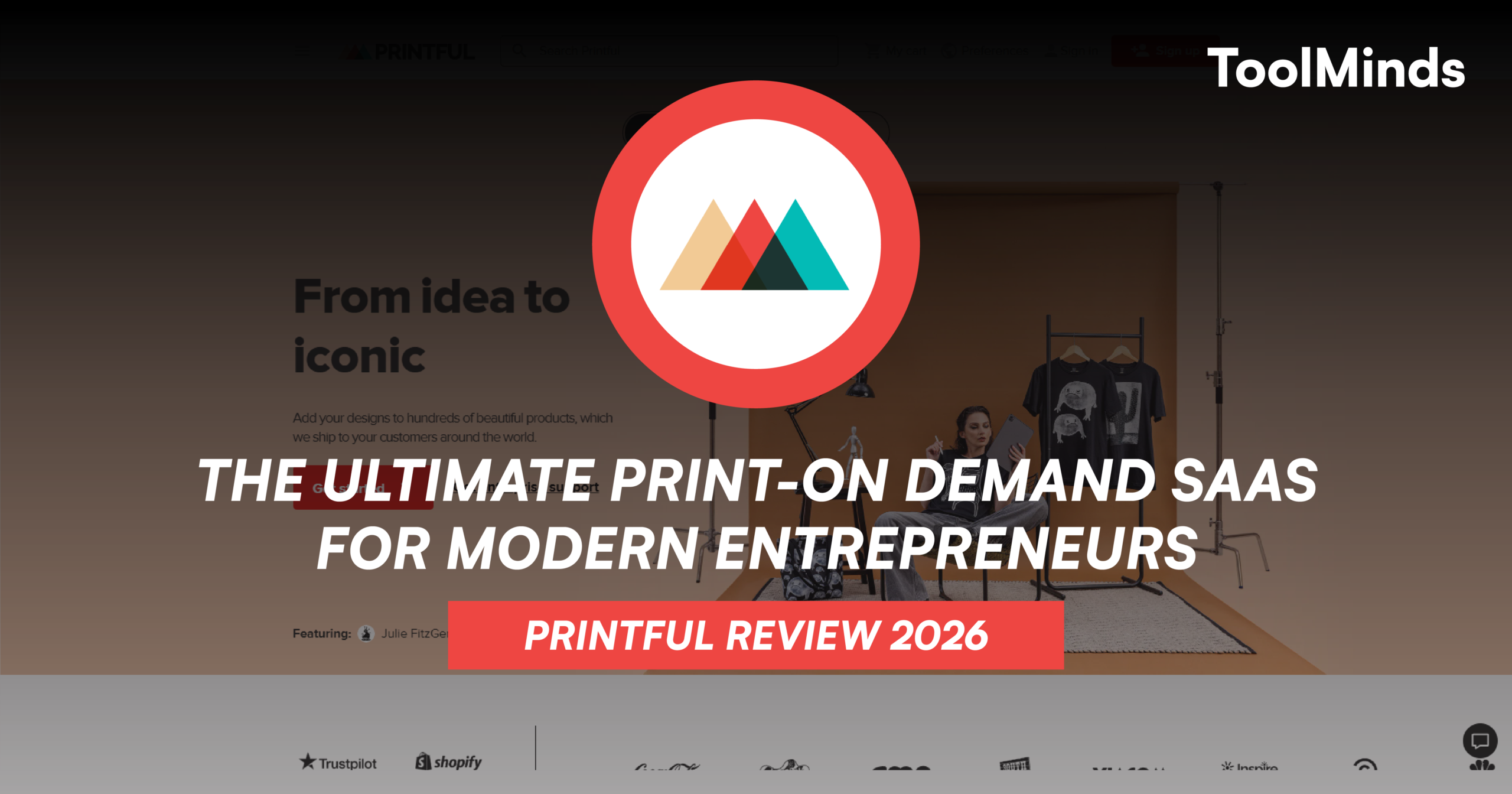Microsoft DPM is the #43 ranked solution in best Backup and Recovery Software. PeerSpot users give Microsoft DPM an average rating of 6.8 out of 10. Microsoft DPM is most commonly compared to Veeam Backup & Replication: Microsoft DPM vs Veeam Backup & Replication. Microsoft DPM is popular among the large enterprise segment, accounting for 55% of users researching this solution on PeerSpot. The top industry researching this solution are professionals from a computer software company, accounting for 21% of all views.
What is Microsoft DPM?
Microsoft Data Protection Manager (DPM) is an enterprise backup system that can be used to back up data from a source location to a target secondary location. Microsoft DPM allows you to back up application data from Microsoft servers and workloads, and file data from servers and client computers. You can create full backups, incremental backups, differential backups, and bare-metal backups to completely restore a system. Microsoft DPM can store backup data to disks for short-term storage, to Azure Cloud for both for short-term and long-term storage off-premises, and to tapes for long-term storage, which can then be stored offsite. Backed up files are indexed, which allows you to easily search your recovered data.
Microsoft DPM contributes to your business continuity and disaster recovery strategy by facilitating the backup and recovery of enterprise data, ensuring resources are available and recoverable during planned and unplanned outages. When outages occur and source data is unavailable, you can use DPM to easily restore data to the original source or to an alternate location.
Key Features of Microsoft DPM
- Application-aware backup: Application-aware backup of Microsoft workloads, including SQL Server, Microsoft Exchange, and SharePoint.
- File backup: Back up files and folders on computers running Windows Server and Windows operating systems.
- System backup: Back up the entire system state or run complete backups of physical computers running Windows Server or Windows client operating systems.
- Hyper-V backup: Back up Hyper-V virtual machines running either Windows or Linux. You can choose to back up an entire virtual machine or specific applications on the virtual machine.
Reviews from Real Users
Microsoft DPM stands out among its competitors for a number of reasons. Two major ones are its robust and flexible backup capabilities and its being easy to manage with one central dashboard.
William M., the head of ICT infrastructure & security at a tech services company, notes, “The automated procedure is quite good for us, as it is able to capture all of the information that we require. The compatibility is very good. We have an IBM AS/400 machine in our office that we’re using, and we’re able to back it up fine. This is the same for other systems, as well. I think that overall, it is really adaptable, compatible, and scalable.”
Mohammed I., a managing director at Adalites, notes, “I would definitely recommend data protection DPM. It has an application backup, a file backup, a system backup and a hypervisor. It works flawlessly, never a problem.”
Rodney C. a system analyst at a financial services firm, writes, “The most valuable feature is that DPM has an index so individual files can be searched. This is our primary tool for recovering deleted files or folders. Once we implement a System Center Operations Manager, all of our DPM servers can then be seen on one dashboard.”
Microsoft DPM was previously known as DPM, Data Protection Manager, MS DPM.
Microsoft DPM Customers
Medical Park, Centropol Energy, a.s., NCFE, D & H Distributing, Metalor, Colosseum, a.s., Sanitas S.A., Icebreaker
Microsoft DPM Pricing Advice
What users are saying about Microsoft DPM pricing:”I think Microsoft DPM pricing is reasonable. The additional costs are related to storage and technical support.””Microsoft DPM is a free solution. However, we pay approximately $3,000 annually for support.”



